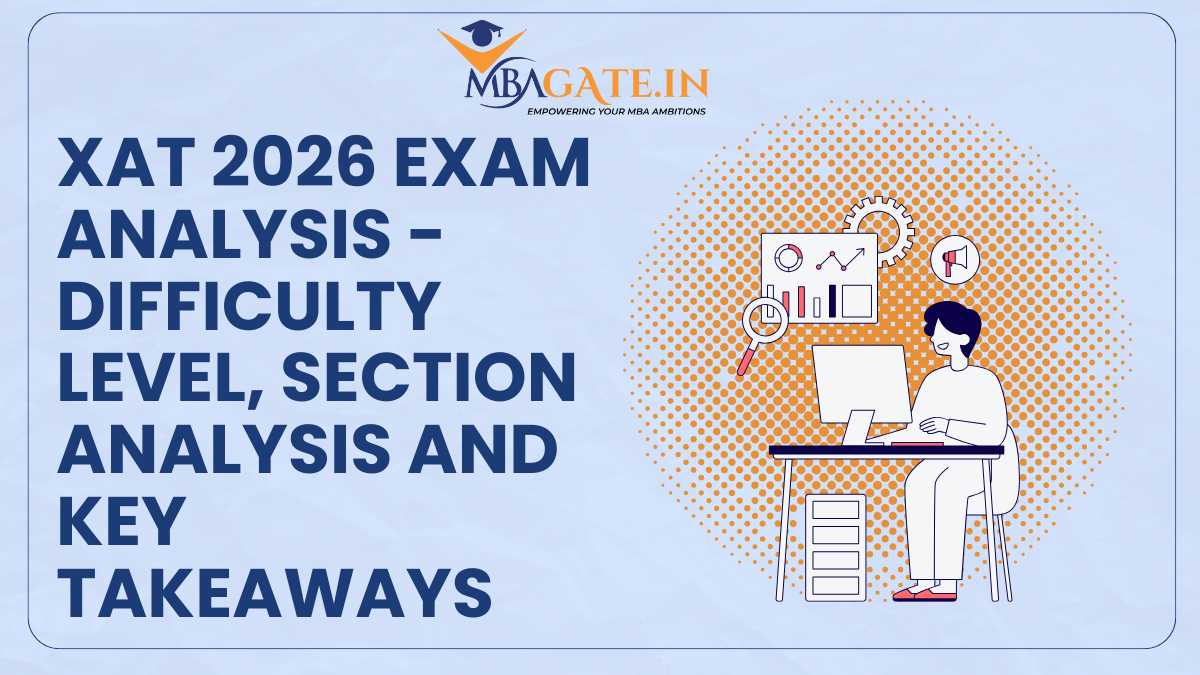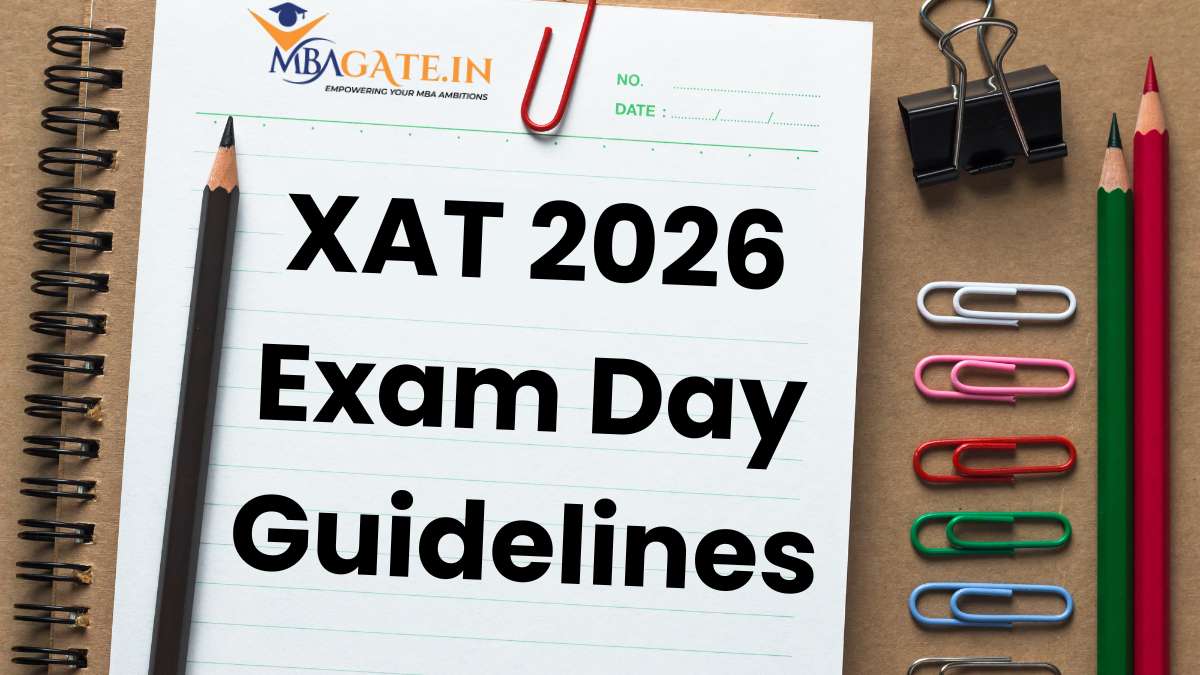Difference Between MBA and Executive MBA Explained
Table of Content
-
- + more items Show less
MBA
MBA is a two-year programme taught at all of the country's management institutes including IIMs, some IITs and many top management institutes such as ISB, XLRI, SIBM, FMS, MDI and SPJIMR. Candidates who have completed their graduation or are currently pursuing it are eligible for this programme.
Aside from IIMs and IITs, universities or colleges affiliated with universities award MBA degrees and other institutes award PGDM (Post Graduate Diploma in Management).
Work experience is not required in India to pursue an MBA or PGDM so some students in the batch have no work experience while others have 1-5 years of experience.
EXECUTIVE MBA
This programme is intended for working professionals. The minimum work experience required after graduation in India is 3-5 years, but the average work experience in the batch is approximately 7-8 years.
An executive MBA typically takes 1 to 2 years to complete depending on how frequently classes are held, most classes are held in the evenings and on weekends to accommodate working professionals.
Differences between Regular MBA and Executive MBA
Eligibility – Candidates can pursue a regular MBA immediately following graduation, whereas an executive MBA requires 3-5 years of work experience after graduation.
Fees - The fee for an Executive MBA is higher ( usually sponsored by the employer) because more qualified faculty is required to teach working professionals with prior experience at the highest levels.
Curriculum- A regular MBA follows a rigorous curriculum with broad fundamentals of finance, marketing, operations, and human resources among others. The executive MBA curriculum emphasises leadership, decision-making, and strategy.
Flexible Schedule – Executive MBA classes are scheduled on weekends or evenings to accommodate high-level working professionals, regular MBA classes are held during the daytime.
Career Advancement – An MBA is ideal for those transitioning to new roles such as engineering to marketing as well as those changing careers but an executive MBA can help you advance in your current organisation.
Networking – An MBA can help you build a strong alumni network whereas an executive MBA connects senior executives with high-level professionals from a variety of industries.
Which is more Beneficial—a Regular MBA or Executive MBA?
A regular MBA is more useful for those who are just starting out in their careers. Those who want to change careers, are looking for a good campus placement or keen to start their own business. An executive MBA on the other hand, can help you advance in your current position because the programme is usually sponsored by your employer.
During the regular MBA programme, basic management fundamentals and key specialisations such as finance, marketing, operations and human resources are taught whereas executive MBA programmes place a greater emphasis on strategy, decision-making, and leadership.
Conclusion
A regular MBA and an Executive MBA cannot be compared because a regular MBA is for people who have completed their graduation and have 0-2 years of work experience, want to learn the fundamentals of management and are ready to change careers or plan to start their own business soon.
In India, candidates in their thirties who cannot get a good MBA college for any reason during the early stages of their careers with approximately 5 years of work experience and a desire to learn high-level strategy, leadership qualities, and decision-making ability from experienced and successful faculty opt the executive MBA program.









